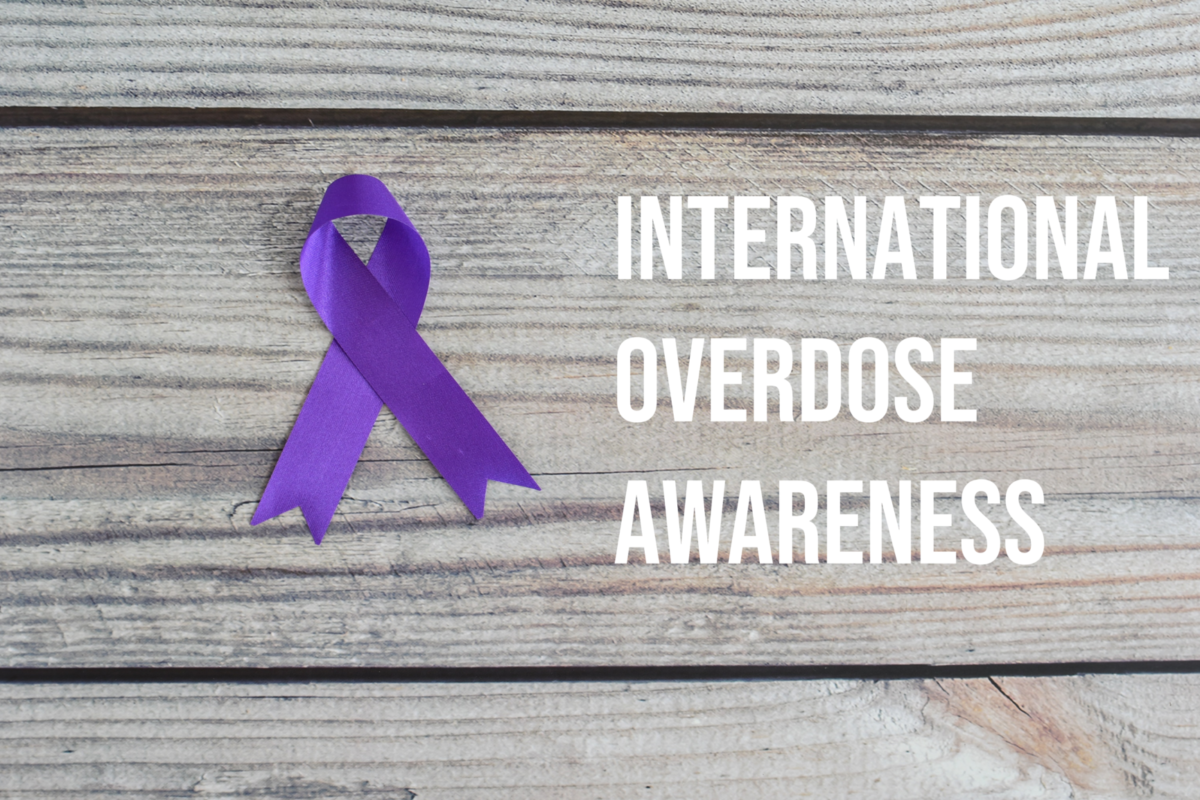By: Randolph Edmead, MS and Laura LaRue Gertz, MSW, LCSW
As symptoms of stress, anxiety, and depression are increasing during the global COVID-19 pandemic, people may be exploring technology-based strategies to relieve symptoms and to supplement mental health care. Increasingly, telehealth is a service covered by insurance providers. In addition, many people are interested in using mobile apps to supplement their care, track and improve their symptoms, and take proactive steps to improve their mental health through strategies such as stress reduction, relaxation, and cognitive behavioral techniques. Yet individuals may also be wondering how to evaluate if a mobile app is useful, evidence-based, and will safeguard their privacy.
Technology-based strategies such as mobile apps for mental health have many potential advantages. Technology has enormous capacity to gather assessment and monitoring data that can provide valuable insights about symptoms, useful strategies and could lead to more effective treatment. Technology can help overcome access barriers for individuals with mobility issues, for individuals living in rural areas or areas with a shortage of providers, and for individuals who have been reluctant to seek conventional mental health services. And now, mobile access is even more important as individuals may be simultaneously coping with increased symptoms of stress, anxiety, and depression during the pandemic, while experiencing isolation and reduced access to their usual support systems due to physical distancing.
Although there are many potential advantages of mobile apps to supplement mental health care, there are still many barriers and risks, including lack of effectiveness data; challenges with reproducibility, implementation, and dissemination; concerns about the privacy and confidentiality of data and use or misuse of data; and challenges with integration of technology strategies and data into the treatment plan and the health care system. However, there are useful, accessible strategies that can help people assess the safety and usefulness of a mobile app.
The APA App Evaluation Model is an evaluation roadmap to guide informed decision-making in choosing mobile apps in clinical care. The guideline provides a series of questions, organized by levels, that help consumers and providers decide whether to use a mobile app (Torous et al., 2018). This model does not endorse specific apps, but rather promotes a systematic approach to evaluating apps.
The five levels of the APA App Evaluation Model are:
- Access and Background: Assesses background information needed prior to evaluation
- Privacy and Security: Considers many aspects of app security and privacy
- Clinical Foundation: Evaluates any evidence for potential benefits
- Usability: Evaluates how usable the app is for the consumer
- Data Integration towards Therapeutic Goal: Examines whether the app’s output can be used in a clinically meaningful way
The PsyberGuide, developed through Northwestern University’s Center for Behavioral Intervention Technologies with funding from the One Mind Institute, reviews and rates apps that claim to treat mental health conditions. The publicly available guide helps consumers make informed choices. PsyberGuide provides app ratings based on three metrics:
- Credibility: Evaluates the strength of the scientific research for the app, as well as the therapeutic interventions provided by the app
- User Experience: Uses the Mobile App Rating Scale (MARS) developed by Stoyanov et al. (2015) to assess the design and user interface
- Transparency: Evaluates the clarity of the app’s privacy policy regarding data storage and collection procedures of the app and associated servers
Technology will not replace the human connection that is a central part of the care of individuals experiencing stress, anxiety, and depression. But when technology-based strategies are thoughtfully developed, evaluated, and implemented, they have tremendous potential to augment and expand care, to enhance engagement and treatment, and to improve the quality of life for individuals living with mental health conditions.
Randolph Edmead, MS, Vice President of Federal Government Programs. Randolph Edmead has an extensive background managing large teams in the mental health treatment, substance abuse prevention and treatment, policy, and evaluation service areas. Mr. Edmead has over 18 years of experience developing, implementing, and managing the Substance Abuse and Mental Health Services Administration’s (SAMHSA’s) Centers for Mental Health Services and Substance Abuse Treatment and Prevention programs; providing curricula and training to SAMHSA and health care providers and staff on leading practices, human resources, accreditation survey support, skills development, and cultural competency; and consulting with healthcare organizations and treatment facilities. Mr. Edmead holds a Master of Science Degree in Clinical Psychology.
Laura LaRue Gertz, MSW, LCSW, Public Health Analyst/Scientific Writer. Laura LaRue Gertz has over 30 years of experience in health and mental health, as a clinician, analyst, writer, researcher, and project manager. She developed literature reviews and reports on evidence-based treatments for individuals with serious mental illness for a federal contract with the SAMHSA Center for Mental Health Services (CMHS). She has also worked on contracts with the National Institute of Mental Health (NIMH), the National Institute on Drug Abuse (NIDA), and numerous other U.S Department of Health and Human Services (HHS) agencies. Ms. Gertz holds a Master of Social Work Degree and is a Licensed Clinical Social Worker.
The Bizzell Group (Bizzell) was founded by President & CEO Anton C. Bizzell, M.D., a leading behavioral health expert and former Medical Officer for the U.S. Department of Health and Human Services (HHS). Bizzell’s team of public health experts have created and led comprehensive behavioral health prevention and treatment initiatives and education and training programs. Bizzell’s recent work includes systematic, integrated approaches designed to effect lasting change in health and behavioral health care through work with the Substance Abuse and Mental Health Services Administration (SAMHSA), National Institutes of Health (NIH), Centers for Disease Control and Prevention (CDC), the Food and Drug Administration (FDA), and the Department of Defense (DOD).
Learn more about how Bizzell advances data-driven, research-informed, innovative solutions to solve complex-real-world challenges: https://BizzellUS.com/
References
Stoyanov, S. R., Hides, L., Kavanagh, D. J., Zelenko, O., Tjondronegoro, D., & Mani, M. (2015). Mobile app rating scale: A new tool for assessing the quality of health mobile apps. JMIR mHealth and uHealth, 3(1), e27.
Torous, J. B., Chan, S. R., Gipson, S. Y. M. T., Kim, J. W., Nguyen, T. Q., Luo, J., & Wang, P. (2018). A hierarchical framework for evaluation and informed decision making regarding smartphone apps for clinical care. Psychiatric Services, 69(5), 498-500.




